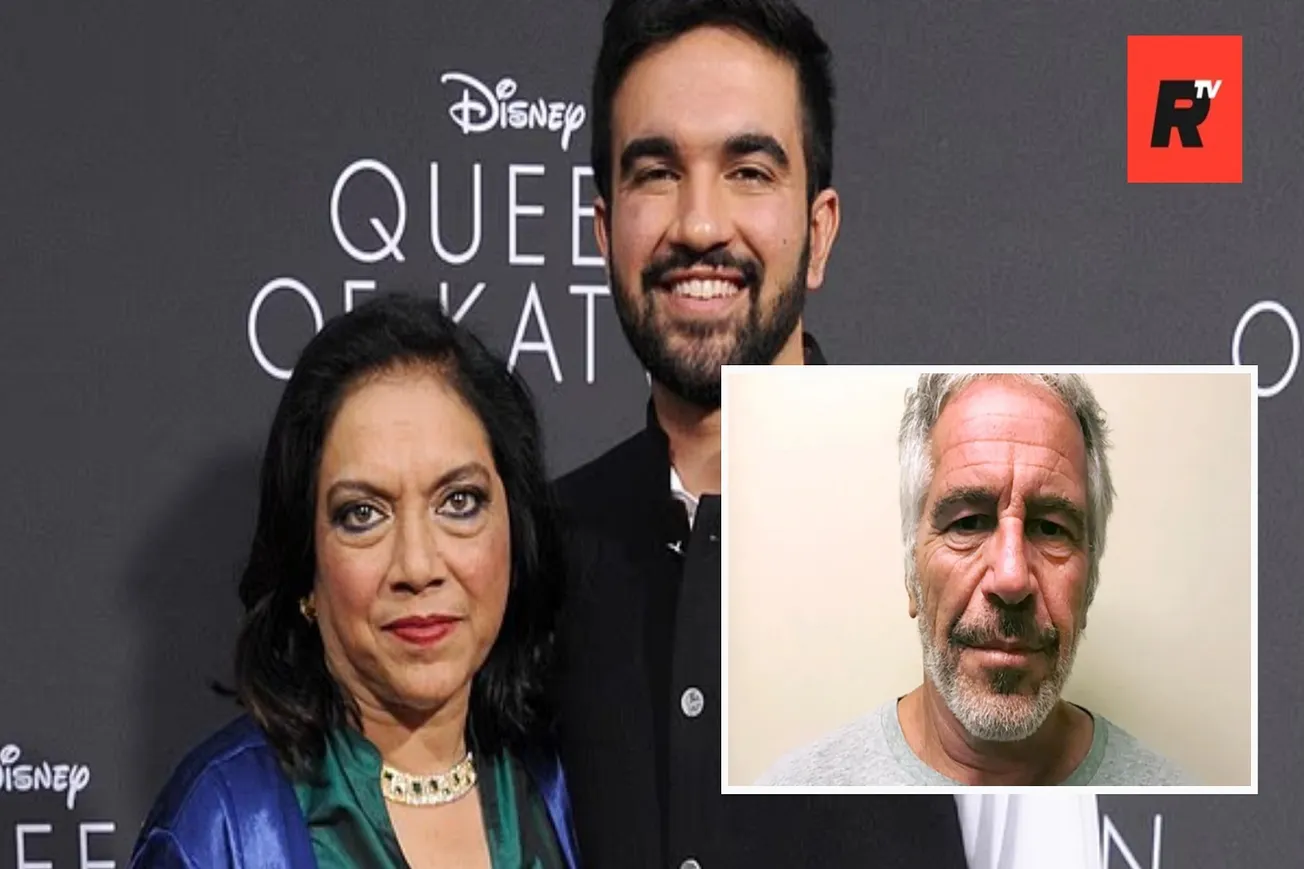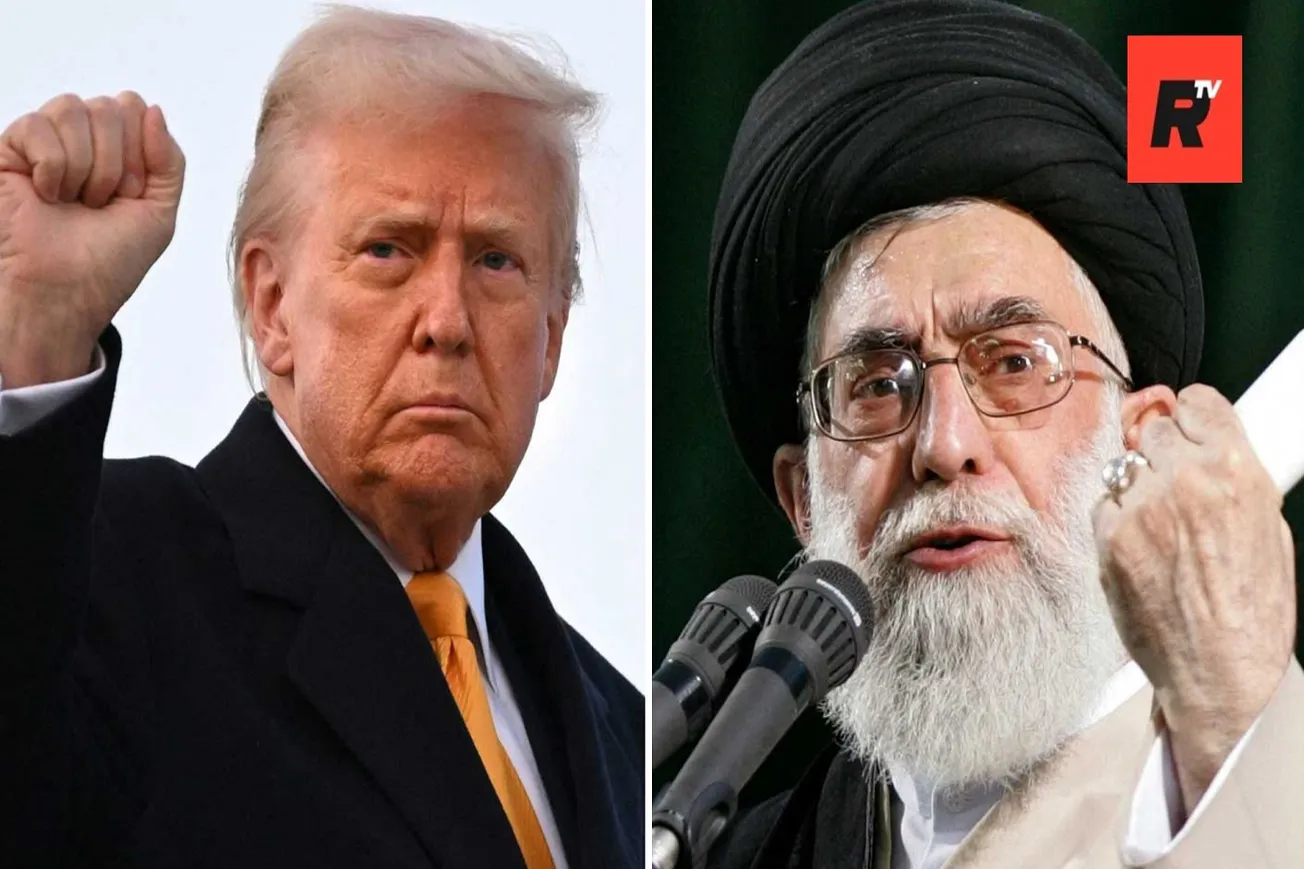Table of Contents
In this clip of Almost Serious, Sarah Stock interviews Auspill on the dangers of Indian infiltration. Auspill, a well-known Australian expert on migration and content creator, is here to knock some sense into us (and hopefully, our policies).
Indian migrants have become increasingly visible not just in cultural and academic life, but also within public institutions—prompting debate over the role of diaspora communities in policymaking.
"I started looking at two officials who are adjacent to India, who work with India within the Australian government. There are a few cases where these guys are working in such sensitive positions and producing such important white papers for the government."
Auspill expressed concern about potential conflicts of interest involving public officials with close ties to India, "Is there no conflict of interest here?" he asked.
Can someone who holds loyalty to India's nationalist ideology also uphold the sovereignty and interests of Australia, Canada, or other Western nations? While lobbyist activity from other countries has come under public scrutiny, Auspill argues that Indian influence has not received the same level of attention. This seems highly irresponsible, especially considering the current issues with national security and the globalist agenda.
India is governed by a right-wing party, the Bharatiya Janata Party, known for Hindu nationalist policies. Because of this, many religious and ethnic minorities in India face discrimination, censorship, and political marginalization—something Western leftists rage on and on about. Yet, Auspill calls out the appalling double standard:
“Oh, call out India's treatment of like minority groups.” But it's like, hang on, well why don't we call out the importation of millions? Why don't we call that out like what they're actually doing to us?"
The Western left is quick to criticize India’s domestic human rights issues—yet remains hush-hush about the Indian influence on Western institutions.
India is clearly expanding its soft power by exporting its loyal diaspora to the Western world. “The Indian population in Australia is only 3% … There were around 30,000 Indians in Australia. Twenty-five years later, it’s over a million.” This raises questions about how immigration affects cultural values and political priorities in Western democracies. Because right now, it’s certainly not Western society’s.
Auspill argues that nations must take a more critical and measured approach to immigration and representation, ensuring national interests remain a top priority.









